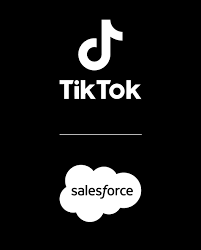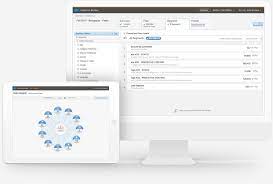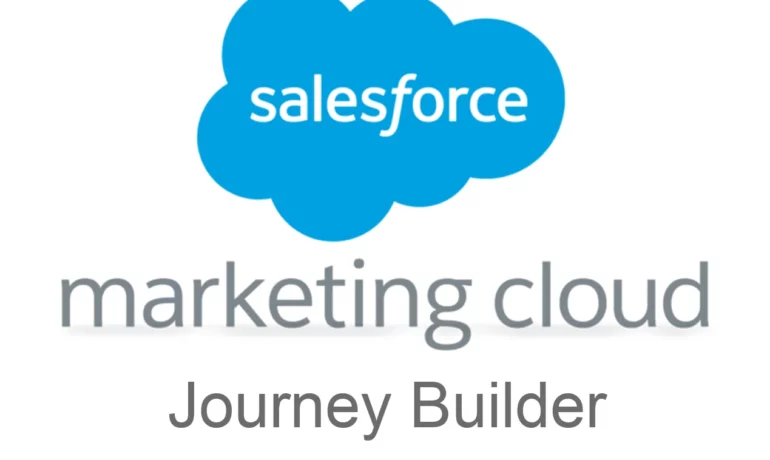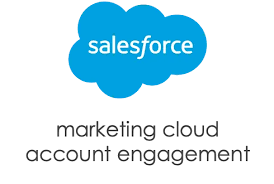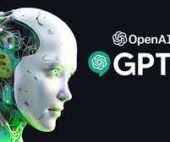Financial Services and Customer Engagement
Here are the key insights from the 2023 Global Customer Engagement Review regarding the current landscape of customer engagement in the financial services sector, along with recommended strategies for driving activation, monetization, and retention among brands in this space. Financial Services and Customer Engagement. Did you know that it takes an average of seven touchpoints for a customer to purchase what you’re selling? From the first time they see your product or brand somewhere until they hand over their hard-earned cash, there is a lot involved. However, there is a huge difference between sales teams slowly nudging the customer towards the purchase and a sales rep aggressively badgering the customer to buy. What happens in these seven steps is something called sales engagement. For a comprehensive overview of global customer engagement trends in 2023, refer to the 2023 Global Customer Engagement Review, which includes insights from a survey of 1,500 VP+ marketing decision-makers across 14 global markets. Sales engagement is a broad term that describes all the interactions that happen in the sales process between the sales development representatives and the customer. If you want to improve your sales team’s success, investing time and money in your sales engagement strategy is one of the best ways to achieve this. Sales engagement touchpoints can be any of the following: There are many channels for sales engagement and leaving them out to chance is dangerous and hurting your sales efforts. In order to improve your sales efforts, you need to be intentional about how you communicate with customers and when. This is why many sales teams carefully analyze each customer interaction and invest in sales engagement platforms. Like Related Posts Salesforce OEM AppExchange Expanding its reach beyond CRM, Salesforce.com has launched a new service called AppExchange OEM Edition, aimed at non-CRM service providers. Read more Service Cloud with AI-Driven Intelligence Salesforce Enhances Service Cloud with AI-Driven Intelligence Engine Data science and analytics are rapidly becoming standard features in enterprise applications, Read more Health Cloud Brings Healthcare Transformation Following swiftly after last week’s successful launch of Financial Services Cloud, Salesforce has announced the second installment in its series Read more Alphabet Soup of Cloud Terminology As with any technology, the cloud brings its own alphabet soup of terms. This insight will hopefully help you navigate Read more


